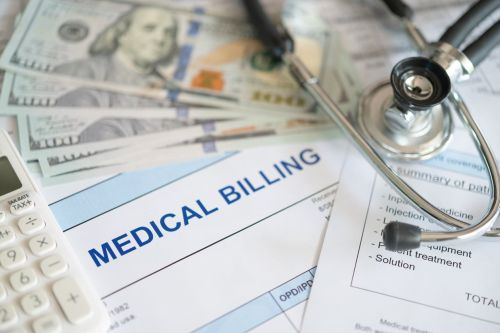



After a car accident, one of the first questions people ask is, “Who is going to pay my medical bills?” Understanding how medical bills are handled after a car accident is essential to protecting your health and your financial future. New Jersey applies a no-fault insurance system, which means that when a New Jersey driver is injured in a car accident, their own insurance company pays for their medical expenses, regardless of who is at fault. This insurance coverage, known as Personal Injury Protection (PIP), is required coverage on all New Jersey auto insurance policies.
PIP insurance pays for the following medical expenses:
Standard PIP coverage in New Jersey provides coverage for up to $250,000 in medical expenses, but drivers can select PIP coverage limits as low as $15,000 per accident.
Many drivers assume their health insurance will cover car accident medical bills. This is not the case in New Jersey. Many health insurance policies exclude car accident medical bills, or only provide secondary coverage in the event the cost of an injured individual’s medical care exceeds the PIP coverage limits.
New Jersey drivers can select their health insurance as primary coverage for car accident medical bills. While this option can reduce auto insurance premiums, it comes with potential drawbacks, including:
When car accident medical bills exceed PIP coverage limits, other sources of payment may apply. Other sources that might pay for medical bills after a car accident include:
When passengers are injured in a New Jersey car accident, their medical bills might be paid by:
When New Jersey drivers are injured in car accidents while on the job, workers’ compensation covers the resulting medical bills.
Even with insurance, individuals injured in a car accident may receive medical bills they cannot afford to pay. The injured individual may be able to negotiate a reduced payment amount to prevent car accident medical bills from spiraling out of control. Many people do not realize that healthcare providers expect to negotiate medical bills. Medical providers frequently accept reduced amounts, especially in situations where the patient will have difficulty paying.
To negotiate car accident medical bills:
John C. Iannelli is an experienced and sought-after New Jersey personal injury lawyer who has earned a reputation for achieving exceptional results for his clients. He can evaluate your situation, advise you on your rights, and fight for the compensation you deserve. Contact Iannelli Law today to schedule an appointment to discuss your situation with an experienced New Jersey personal injury attorney.
© 2025 Law Offices of John Iannelli
| View Our Disclaimer | Privacy Policy
Law Firm Website Design by The Modern Firm